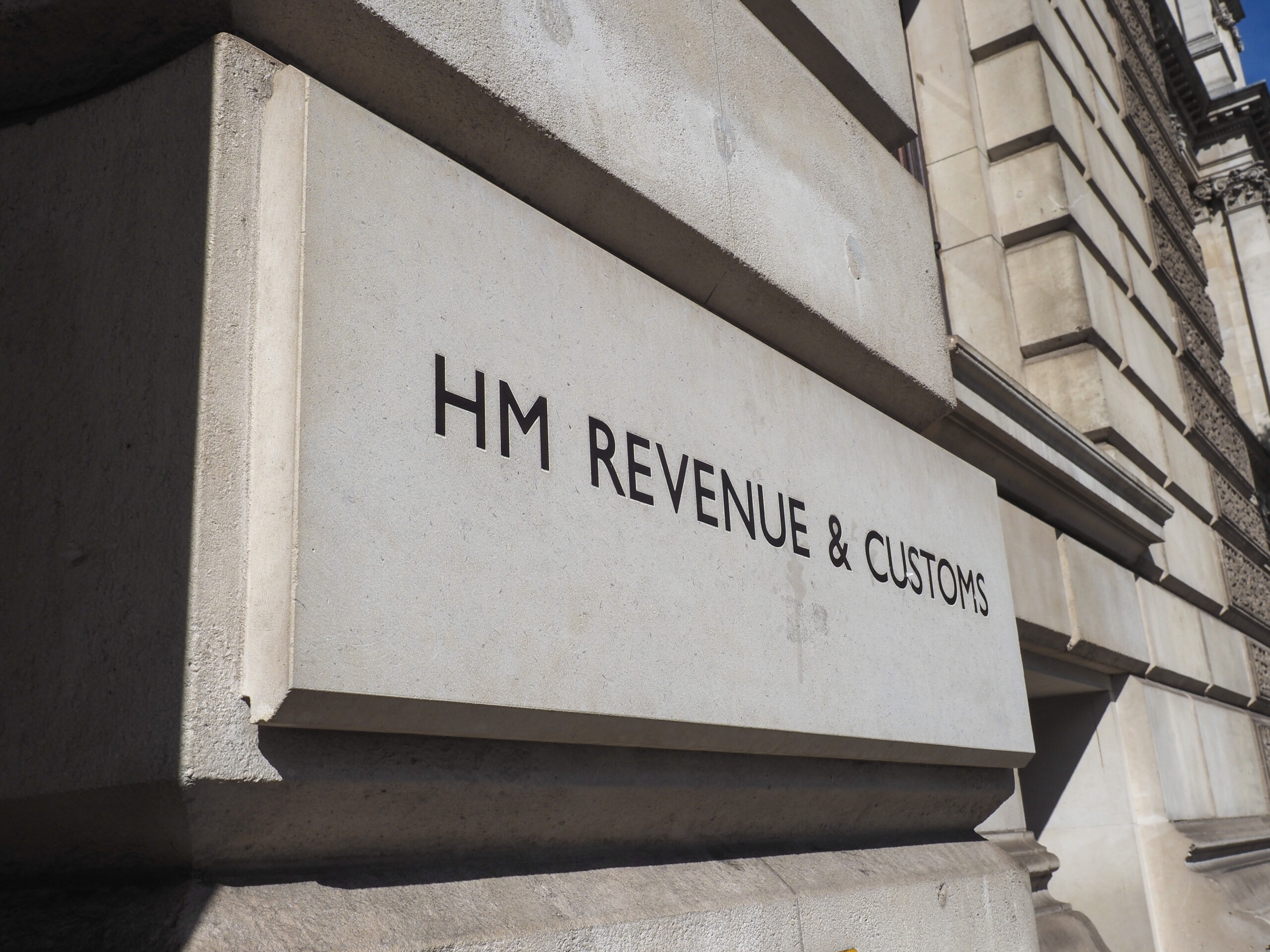
Date posted: 24th Nov 2022
HMRC can issue a determination when a taxpayer has failed to submit a tax return.
The determination is HMRC’s formal calculation of tax that it calculates as being due. In arriving at the amount HMRC should consider any information it has available (e.g. on a P60 submitted by an employer).
Right of appeal?
There is no right of appeal against a determination and unless the submission of a return supersedes it, the determination will stand, and the tax shown as due must be paid. A determination does, in effect, stand in the place of an actual return for the amount of tax payments due and the calculation of any interest on unpaid tax. Therefore the due date for tax payment is the date which would have applied if the return had been delivered by the filing date.
A tax return displacing a determination, must be made/filed within three years from the due filing date for the tax return or if later, within 12 months of the determination date. If the return is not filed within this period, the tax charge created by the determination stands. Any related interest, surcharge and payment on account calculations will be automatically amended to reflect the figures declared on the replacement tax return. Importantly, the issue of a determination enables HMRC to commence formal proceedings to recover any late paid tax.
With regard to any underpayment of PAYE, a determination will be issued against an employer for a failure to operate PAYE correctly and require any under payment of tax and NIC to be restored by the employer; any underpayment not being sought from the employee.
It should be noted that determinations are usually only issued when informal requests for submission of the tax return or payment of tax have been ignored.
Once a Revenue Determination has been raised HMRC’s Manual confirms that the taxpayer is given 30 days to file the return before any enforcement action is taken, such as Distraint or County Court action. Allowing the taxpayer 30 days to send in the return is the Debt Management Department policy, not a legislative requirement.
‘Special overpayment relief’
Where HMRC makes a determination, but the tax charged is excessive, a special overpayment relief is available if certain conditions are satisfied. Unlike normal overpayment relief claims, there is no time limit for claiming this special relief.
However, HMRC detail three conditions under which compliance may be difficult to achieve as follows:
- Condition A – it would be “unconscionable” for HMRC to seek to recover the amount which has been charged by the determination (or refuse to repay it, if it has already been paid);
- Condition B – The person’s tax affairs are otherwise up to date, or arrangements have been made to HMRC’s satisfaction to bring them up to date as far as possible; and
- Condition C – The person has not previously claimed special relief or if previously claimed are exceptional circumstances for a further claim to be made.
Condition A is the one more likely to be difficult to fulfil. HMRC defines ‘unconscionable’ as “completely unreasonable” or “unreasonably excessive.”
Circumstances in which the unconscionable requirement in Condition A above may be satisfied include where a person is suffering from an illness which makes tax compliance difficult or has not received HMRC notices for reasons outside their control or is insolvent (and where pursuing the determination would be detrimental to other creditors).
If you are behind with your tax affairs and need assistance bring them up to date, please give us a call.


